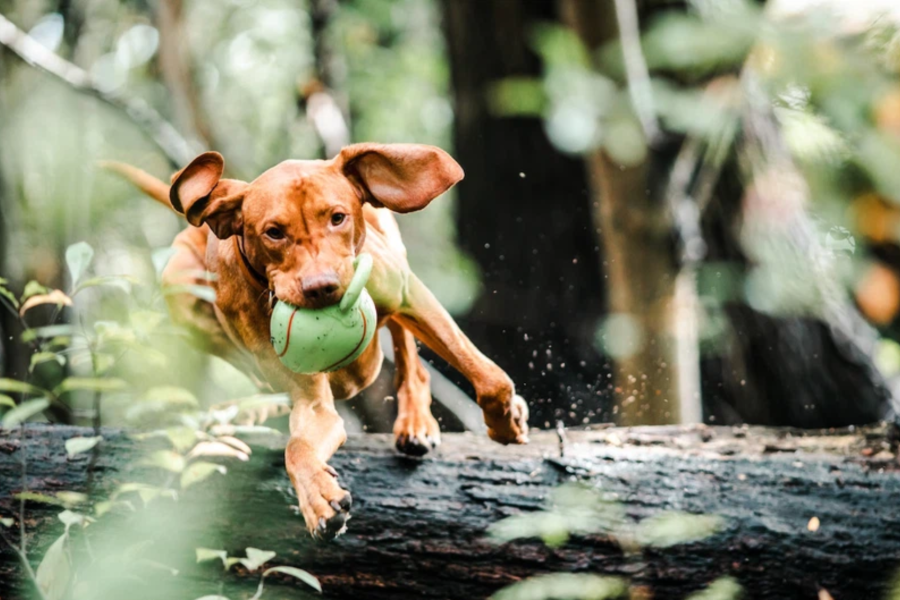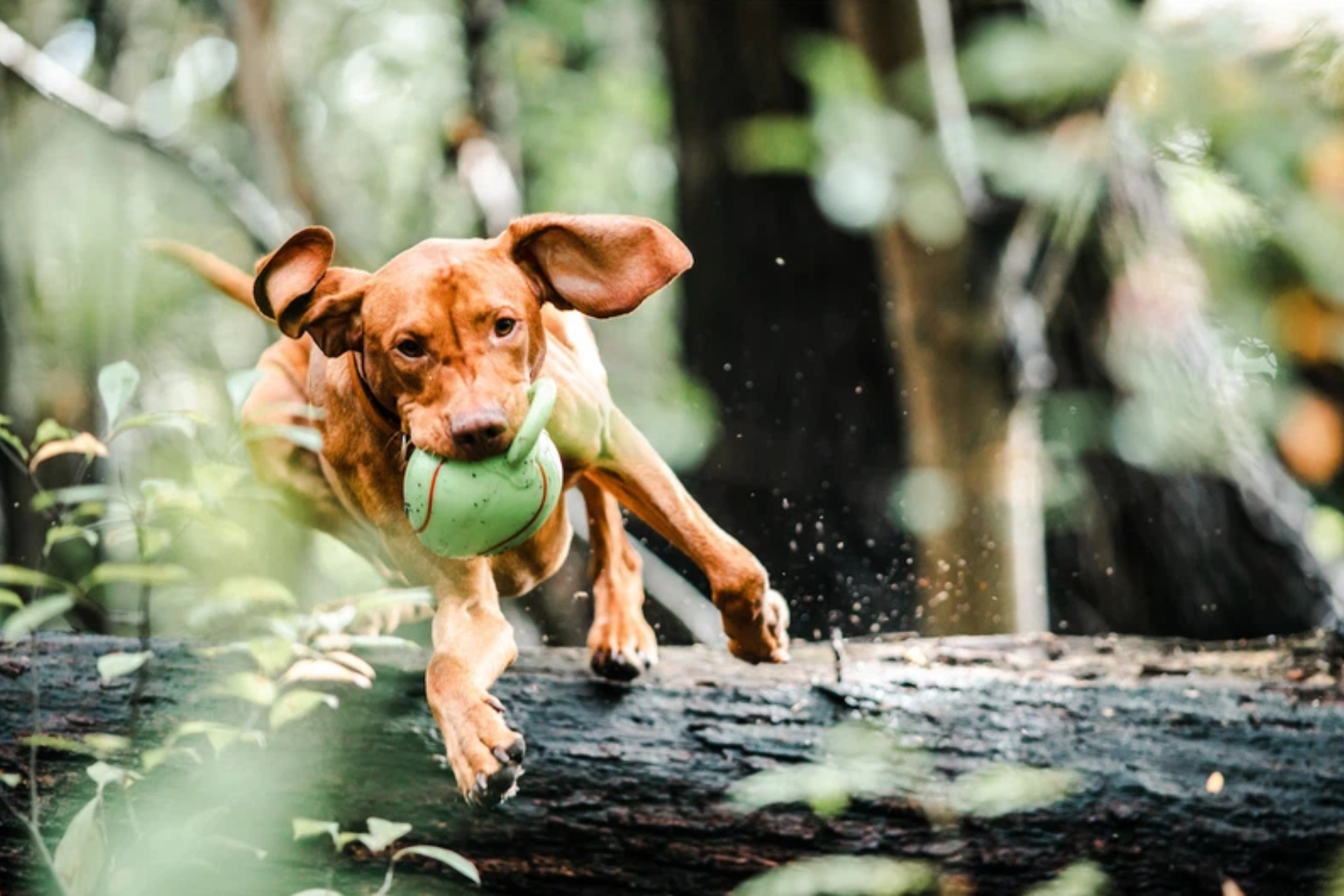
Should you get a second dog?
Dogs generally like having another dog around as it provides them with a playmate and companionship. Adding a second companion to your family can make everyone’s life better and complete the canine family. It can enhance the overall happiness and well-being of your pets. ALSO READ: The world’s ugliest dog in 2023! [VIDEO] WHY ARE YOU […]

Dogs generally like having another dog around as it provides them with a playmate and companionship.
Adding a second companion to your family can make everyone’s life better and complete the canine family.
It can enhance the overall happiness and well-being of your pets.
ALSO READ: The world’s ugliest dog in 2023! [VIDEO]
WHY ARE YOU GETTING A SECOND DOG?
If your intention is to get a second dog in the hopes of improving your existing dog’s behavior or resolving behavior problems, it’s important to note that this approach often doesn’t work well.
In fact, in some cases, it can result in having two pets with issues instead of resolving them.
It’s recommended to address behavior problems individually and seek proper training and guidance rather than relying solely on getting a second dog.
ALSO READ: Lullabies for Puppies: Calming videos to help your puppy sleep

Before considering adding a second pup, it’s advisable to seek the assistance of a behaviorist who can help address any problems your existing dog may have.
By working with a behaviorist first, both of them will have a better chance of enjoying a life without any behavioral issues.
This approach ensures that you provide the best possible environment and support for both pets to thrive alongside you.
ALSO READ: How do you deal with an aggressive ferret?
IS YOUR CURRENT PET HAPPY?
If your current canine is elderly or has health issues, introducing a young and energetic puppy may not be fair to them.
Similarly, if your dog is still very young, it’s best to prioritize their training and strengthen your bond with them before considering adding another dog to the equation.
Bringing in another dog requires a significant amount of attention and care, so it’s important to assess the needs and capabilities of your current dog before making such a decision.
